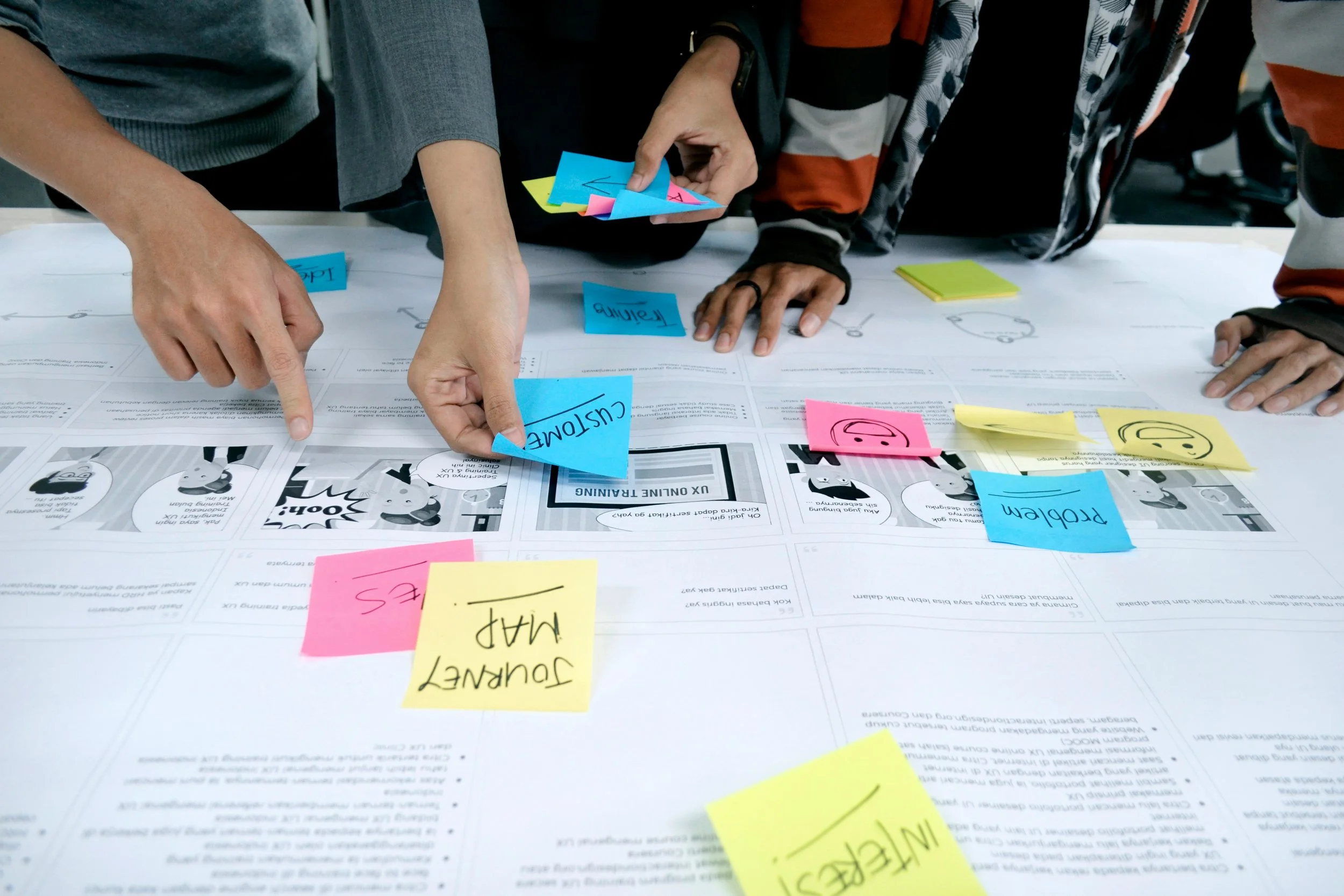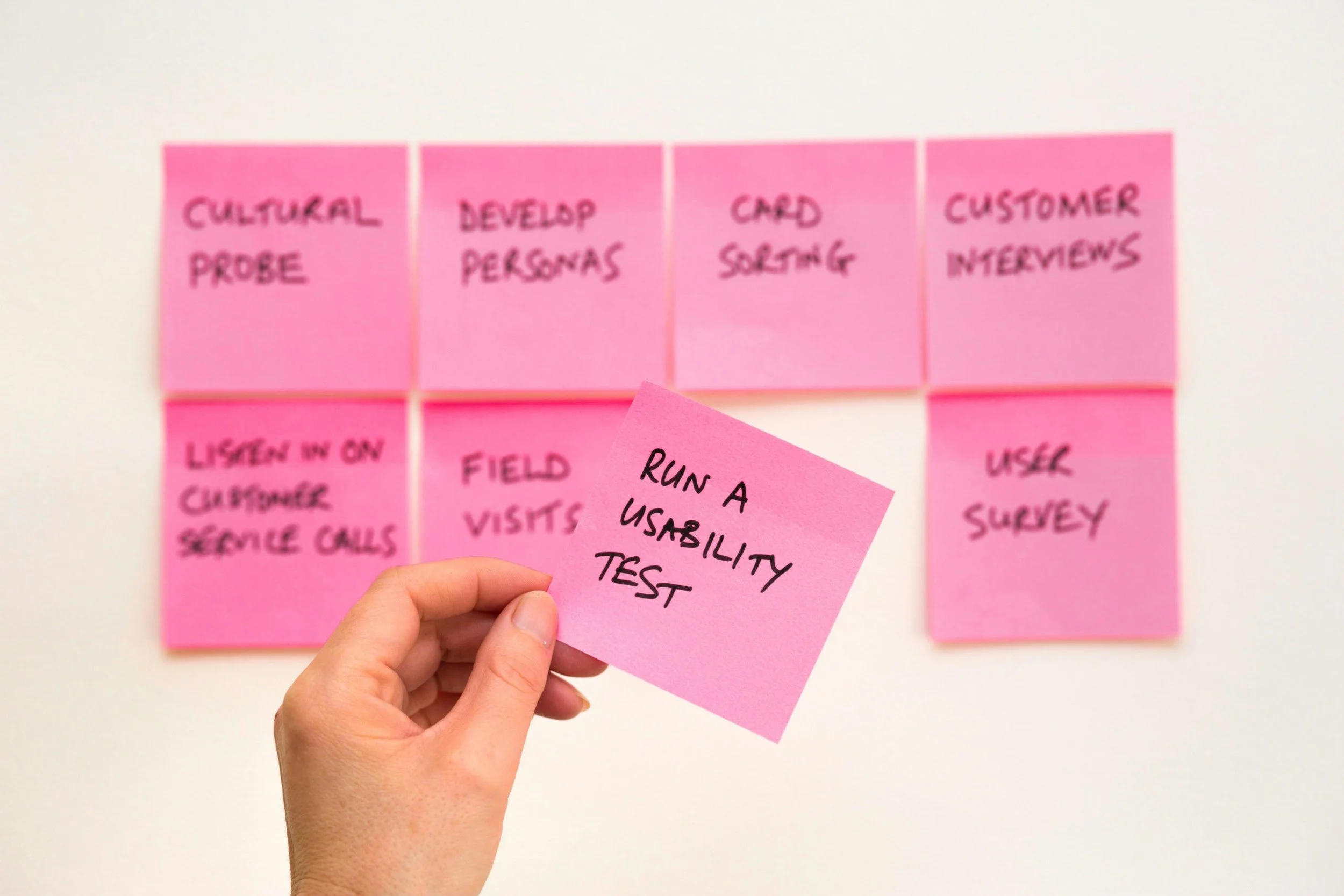Who am I and how did I get here?
Thanks again for landing on my website, I’m happy you’re here! This page is designed to give you a bit about me - but if there's anything you want to ask, reach out via the many links on this site (or LinkedIn if you’d prefer).
As a much younger man, I worked in a call centre selling a newfangled technology called broadband (it’ll never catch on). We got commission for every sale, and the work was easy - customers called in wanting to buy broadband, and we were more than satisfied ringing it through the tills.
One day, I was asked to join a crack team of the best salespeople in the company to start making outbound calls - the aim was simple - could we beat our outsourced call centres abroad? returning these jobs to the UK.
The hours were long, and the work: awful.
No-one enjoys getting cold calls - I can tell you that for a fact. But only one thing was worse than bothering busy people - hearing salespeople capitalise on vulnerable older adults. I reported countless cases I’d seen, but always in vain. We were winning the competition. “So what if they don’t have any devices, they might have guests who want it…”
I left on principle, and later heard they won the competition (great…)
I went to university as a mature student and studied Psychology. I needed to know what made people tick. but I wanted to be a force for good, not another wolf waiting for an easy meal.
I came from a working class background (an army brat). I was the first of my family to go to university, and after getting my degree, I went on to do a masters in Psychology and eventually a PhD.
My PhD was titled A Mixed Methods Approach to Understanding Cyber-Security Vulnerability in the Baby Boomer Population - a topic that most young people find very boring - but one that deeply resonates with those who have been victims of scams. Years after hearing those scammers I worked alongside, I contributed a small part to the solution, but there’s so much more to do, and you’d be amazed by how much people struggle with using technology.
You might not know, but over 80% of all cyber-attacks start with the human - why bother hacking computers, when hacking the human is so much easier? This is only going to get worse as AI booms and attacks become more sophisticated. The days of badly worded emails giving away scams are gone. Attacks will be vicious, tailored, and incessant.
But security is only one part of my interests - I’m passionate about making technology work for users, clients, customers, you name it. Technology offers us so much - but churning out unusable tech is the biggest waste of our time, effort and money.
I’d love to talk more if any of this resonates with you - or perhaps drop me a follow on LinkedIn to keep an eye on what i’m doing.
A bit more about me…
-
I have a Bachelors in Psychology (BSc Hons) - 1st Class
A Masters of Science (MSc) in Clinical and Health Psychology - Distinction
A PhD in Psychology - A Mixed Methods Approach to Understanding Cyber-Security Vulnerability in the Baby Boomer Population
I am a Chartered Psychologist (CPsychol) and have completed accreditation for the Higher Education Academy (AFHEA)
I have held a number of positions of esteem, reviewing for world leading journals and acting as an expert member on several committees. I am also media trained.
-
I’m a mixed methods researcher - that means I use both:
Quantitative methods (such as surveys, quantitative usability testing and data analytics) to explore user behaviour in large samples, to understand what users do.
Qualitative methods (such as interviews, contextual enquiry, usability testing) to explore users deep subjective feelings about products and services. This helps us to understand why users act the way they do
Where i’ve struggled to find appropriate methods in the past, i’ve made my own (links to published work in the publications section).
-
I always put the user at the heart of whatever I do, and love to work with teams that do the same.
There’s no point spending time, effort and money to produce something that doesn’t work for users - so why bother?
I start with what users need, and work to the constraints of the business, budget or technology.
I work in line with Government Service Standards (GDS) even if this isn’t required, because ultimately, it helps produce better services, which are accessible and work for users.
Need help? get in touch.


